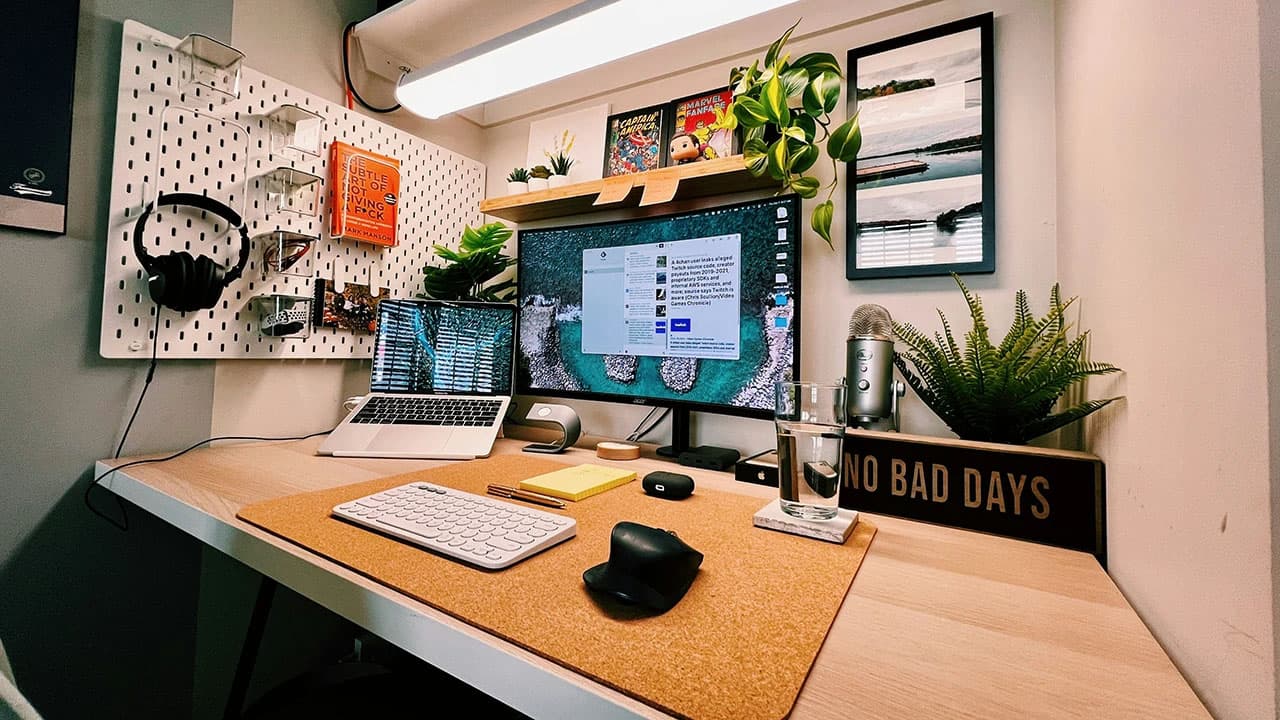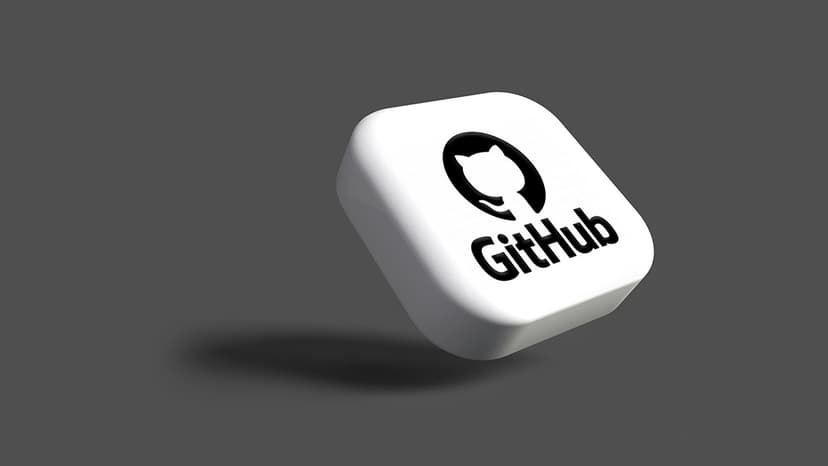Is "I Hope This Email Finds You Well" Necessary?
Email communication is a common method for personal and professional correspondences. One phrase often seen is "I hope this email finds you well." Is it truly necessary? Let’s explore its role in email interactions.
At first glance, "I hope this email finds you well" appears polite and friendly. It shows empathy and well wishes. Yet, in many instances, it can feel insincere when used excessively or in strictly formal exchanges.
Consider the number of emails received daily. With newsletters, work updates, and personal messages, greeting each one with this phrase may lose its authenticity. Striking the right tone involves balancing warmth with respect for the recipient’s time and the email's purpose.
Some view this phrase as a courtesy, a nod to good manners. It can soften the approach before making requests or sharing information. Yet, when conversations are lengthy, this phrase may come across as redundant.
Is it necessary? Not always. Think of "I hope this email finds you well" as optional. It's possible to create warm and effective emails without it. The key is to consider the context and your relationship with the recipient.
Consider these alternatives:
-
"Hi [Name], I hope you had a great weekend."
A more personal touch that feels timely and less generic. -
"Dear [Name], I trust this message meets you at a good time."
This shows thoughtfulness about the recipient's convenience. -
"Hello [Name], I’m reaching out to you with..."
A direct approach that remains polite, ideal for ongoing conversations. -
"Hi [Name], I was thinking of you when..."
Adds a personalized element that can make the recipient feel valued.
In business settings, the formality varies with relationships. In newer connections or with higher-ups, a polite opening is safe. Even in formal cases, emails that respect the recipient’s time and get to the point are often preferred.
Tech companies like Google and Microsoft have influenced email communication with features that promote brief responses. They recognize that in fast-paced environments, concise messages can be more effective. Features in Gmail and Outlook encourage streamlined communication.
Including "I hope this email finds you well" in your messages depends on your judgment and personal style. It's not the only aspect of email etiquette. The focus should be on clarity, consideration, and appropriateness. When used, ensure it adds value to the message.
While "I hope this email finds you well" is a polite expression, it risks becoming clichéd without careful use. As email remains a key communication tool, effectiveness lies in recognizing when it is beneficial and when it may be omitted. Be mindful, be tactful, and you'll likely communicate effectively.












